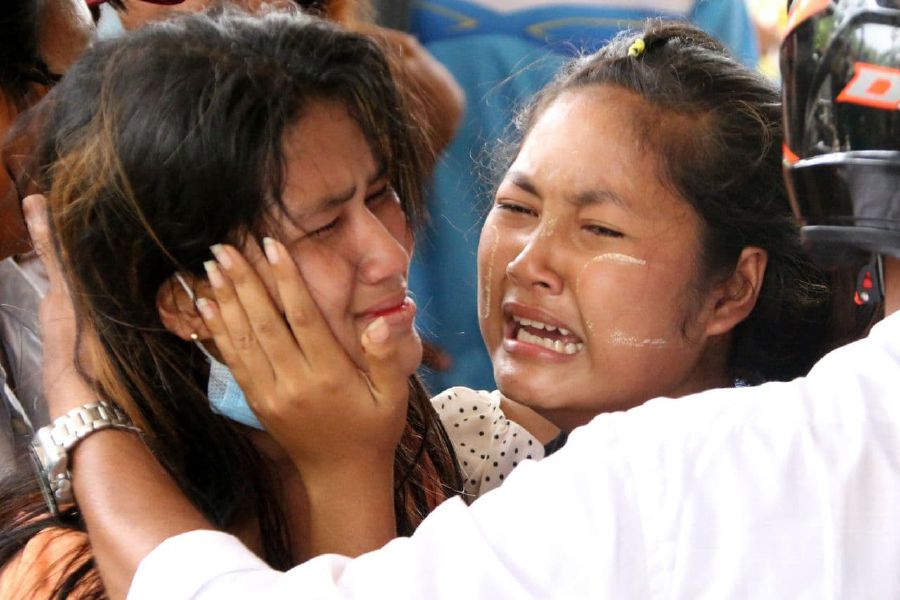PEOPLE are maimed and murdered every day.
The culprits are sometimes punished. Many times they are not. Sometimes shamed. Many times untroubled by shame.
Today, it's the turn of the Myanmar people to be battered into non-existence. Hundreds were killed by the military, we are told.
Others elsewhere are being crushed, too. For instance, in Ethiopia's Tigray region. But the spotlight is on Myanmar. For now.
Before these troubles there were uncountable others. After them, doubtless the numbers will grow. Don't even bother to start counting.
In Garcia Marquez's masterpiece, 'One Hundred Years of Solitude', soldiers massacred thousands of workers of a banana company, who wanted an escape from oppressive conditions.
But the government said no one died. The military told the relatives of the slaughtered: "You must have been dreaming. Nothing has happened in Macondo, nothing has ever happened and nothing ever will happen."
This might as well be said in Myanmar, too. And elsewhere. For it seems everyone, as the NST Leader points out on April 5, is "merely holding a "watching brief" as the generals fire away.
In a world of many laws to keep the peace and equally many religions to sow amity, killers probably have other gods.
Geopolitics can probably explain this. It's a term that's popular with experts as ice cream is with children. The go-to word to convey an understanding of international relations and actions.
I don't know, though. It seems too complex, too far away from the heart to mean anything. But it also seems too near our lives so that it becomes a shorthand for "might is always right", or "self-interest first, let the devil take the others, including principles".
Killers, call them governments or terrorists, from the north, south, east and west, must have more than a sliver of these geopolitical 'meanings' in mind when they do what they do. When their power is threatened, lives are not as important.
That explains the murder of citizens by soldiers. That accounts for neighbours' mild response to massacres.
That answers why governments have to be careful about which country they rake over the coals for abuses. You don't want them to harm your nation's interests. Or for their people to reject your goods. Powerful nations can do this damage, for sure.
This is the state of the rules-based order. It's a complicated world. Maybe it's the most, and the worst, we can ever expect from the order. Tell that to the families of the people who are murdered and maimed by their governments every day.






